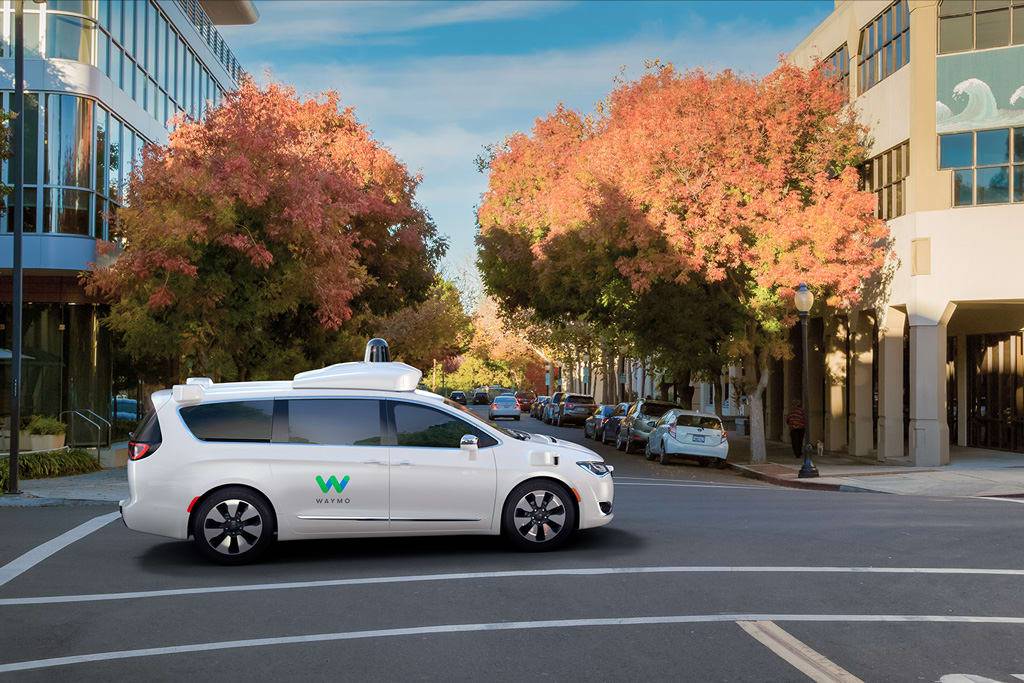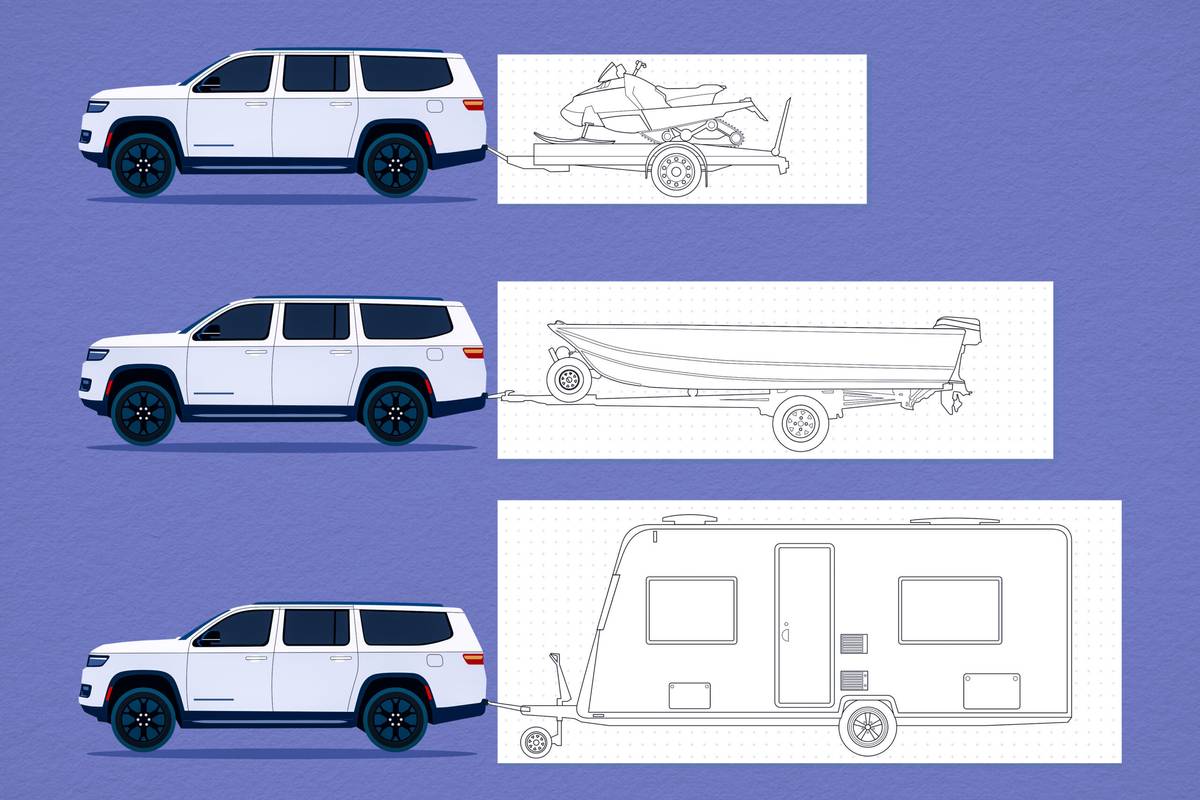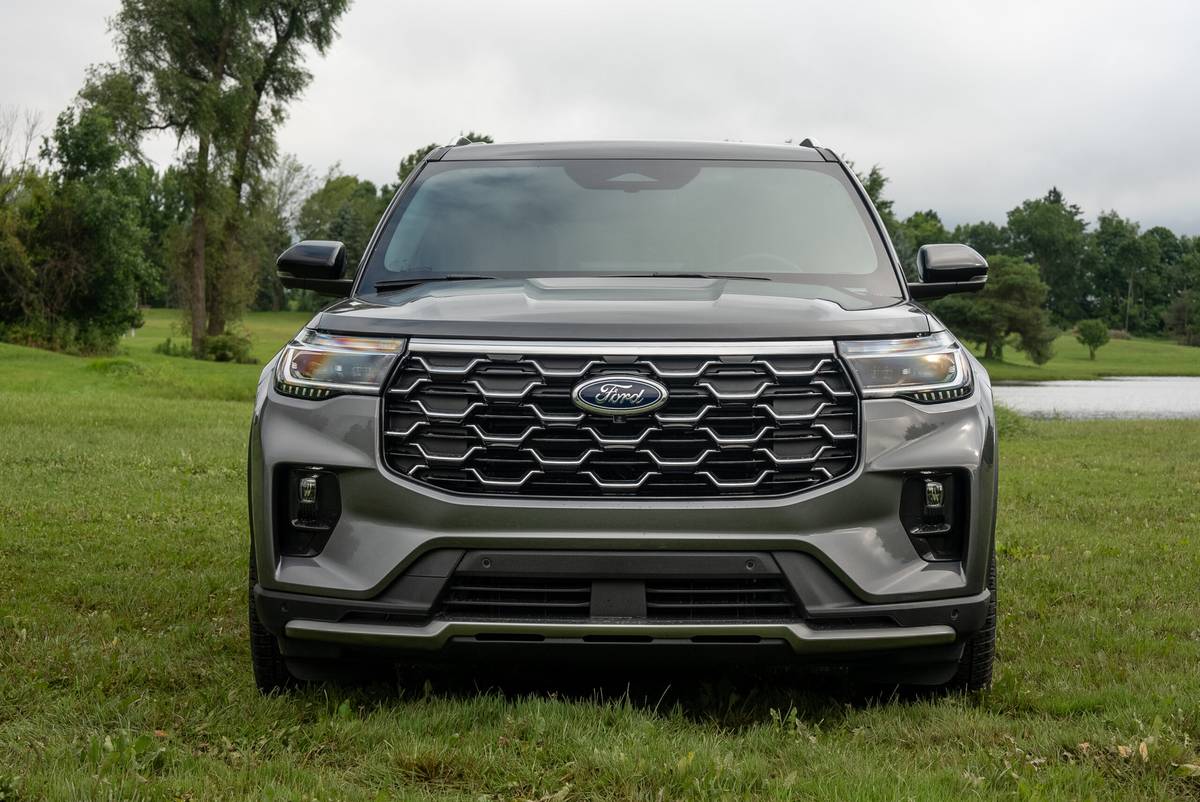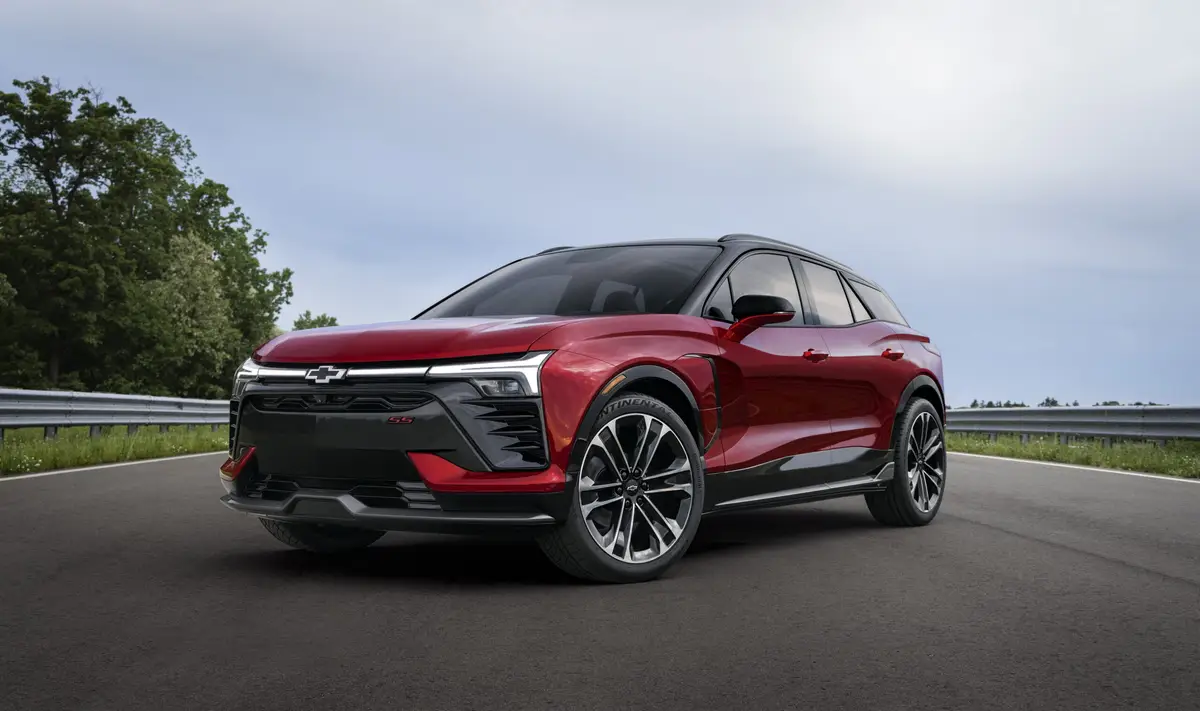Google's Waymo, Chrysler Reveal Self-Driving Pacifica

CARS.COM — Google’s self-driving vehicle project, recently rebranded as Waymo, has a new look to go along with its updated name. Using a Chrysler Pacifica Hybrid minivan as its base, Waymo has revealed the shape of its newest self-driving fleet of vehicles.
Related: More Tech News
In May, Google and Fiat Chrysler Automobiles announced their intention to develop and build a fleet of 100 Pacifica minivans equipped with self-driving hardware. As you can see, the finished product doesn’t look dramatically different from one of Chrysler’s standard minivans.
From the initial images, we can spot extra sensors on the grille and along the front fenders. Sitting on top of the roof are the largest sensor arrays which, to our eyes, look something like a blacked-out emergency light sitting atop a hard-shelled ski box.
Why should I care? It doesn’t have to look pretty, it only needs to work. In its press release, FCA stated that almost every aspect of the Pacifica minivan — chassis, powertrain, electrical system and more — was modified “to optimize the Pacifica Hybrid for Waymo’s fully self-driving technology.”
Sergio Marchionne, FCA’s CEO, stated that this collaboration is “vital to promoting a culture of innovation, safety and technology” between the tech and automobile industries. “Our partnership with Waymo enables FCA to directly address the opportunities and challenges the automotive industry faces as we quickly approach a future where fully self-driving vehicles are very much a part of our daily lives.”
Considering how fast this program moved from idea to prototype, a daily routine involving self-driving family cars could be much closer than you think. Testing has already taken place on a variety of closed courses and public roadways, including FCA’s proving grounds in Chelsea, Mich., and Yucca, Ariz., along with Waymo’s testing locations in California.
Waymo and FCA will likely bring this self-drive minivan to the 2017 Consumer Electronics Show in Las Vegas, which kicks off with the media preview on Jan. 3. FCA most recently made waves by announcing it would make a major product announcement at CES rather than at the 2017 North American International Auto Show in Detroit the following week.
Faraday to Show Tesla Model X Rival at CES
Another company gambling big on tech and electric vehicles early next year in Vegas is Faraday. The Chinese-backed EV company is coming to the Consumer Electronics Show with a bold new electric-powered concept car.
Faraday is busy fashioning itself in the mold of a Tesla alternative, with recent concepts including a high-end luxury sedan, along with a teaser video of this upcoming SUV.
The Faraday Future, as it’s called, is a direct shot at Tesla’s Model X, the Silicon Valley-based company’s recent step into the lucrative SUV and crossover market. Judging from the video, which pits the Faraday Future against exotic machines from the likes of Bentley and Ferrari, this new EV isn’t going to be slow — or affordable.
Why should I care? The hype is fun, but Faraday remains very much in the starting blocks when it comes to EVs. Despite the promise of Ferrari-like acceleration, bringing a car to market and then finding buyers, remains a much harder task than simply getting a vehicle to burn rubber — even if it’s not burning gasoline in the process.
Still, it’s fascinating to see automotive giants and newcomers choosing to reveal new products at CES, a show that is rapidly becoming a major fixture of the automobile show circuit. We’re hoping the Faraday Future concept is close to production, not simply a plastic and Styrofoam mock-up, when we see it first-hand during Cars.com’s coverage of CES in Las Vegas.
Uber Thumbs Its Nose at San Francisco
Uber has brought a small fleet of self-driving taxis to the hilly streets of San Francisco. The only problem: The ride-hailing company doesn’t have the legal paperwork and permits to do so. In a case that’s certain to end up in a courthouse, Uber is contesting that having a driver present helps steer around the need for a permit related specifically to self-driving test cars.
Why should I care? Uber seems intent on being the guy at the party who keeps wanting to arm wrestle everyone in the room. Granted, these self-drive taxis have an operator behind the wheel should the need for human intervention arise while on the road. But would you want to serve as a crash-test dummy for a ride-hailing company simply because it doesn’t want to operate with the required legal documents?
Technology moves fast, we understand that; but safety shouldn’t be sacrificed in the process.
Featured stories



